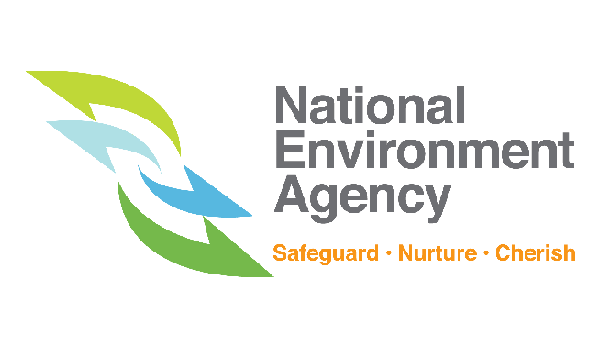
National Environment Agency
- Consultation Period:
- 01 Apr 2024 - 28 Apr 2024
- Status:
- Closed
Detailed Description
Aim
The National Environment Agency (NEA) is seeking feedback on the proposed transboundary movement control of electronic wastes arising from the adoption of the e-waste amendment at the 2022 Conference of the Parties to the Basel, Rotterdam and Stockholm Conventions.
This consultation will last 4 weeks, from 1 Apr 2024 to 28 Apr 2024.
Background
2Singapore is a Party to the Basel Convention (BC) on the Control of Transboundary Movements of Hazardous Wastes and their Disposal. One of the key objectives of the Convention is to minimise transboundary movements of hazardous wastes and other wastes subject to the Basel Convention, consistent with their environmentally sound management. NEA, as the Competent Authority to the BC, controls the transboundary movement of hazardous waste and other wastes as listed in the Convention to ensure compliance with international obligations.
Proposed Control on E-waste
3In a move to ensure environmentally sound management of all electronic wastes, the e-waste amendment was adopted at the 2022 Conference of the Parties to the Basel, Rotterdam and Stockholm Conventions. The adoption subjects all waste electrical and electronic equipment (WEEE) and its components, (i.e., e-waste1), to transboundary movement control from 1 January 2025.
4As a Party to the Basel Convention, Singapore will be required to make legislative amendments to the Schedule of the Hazardous Waste (Control of Export, Import and Transit) Act (“HWA”) to align with the Basel Convention text and annexes, such that all waste electrical and electronic equipment and its components are to be classified under Annex II (Other Wastes) or Annex VIII (Hazardous Wastes) of the Schedule. With this amendment, from 1 January 2025, companies that import or export e-waste, or whose e-waste transits through Singapore will be required to carry out the Prior Informed Consent (PIC)2 procedure specified under the Basel Convention.
5A summary of the e-waste amendment to the Basel Convention is provided below. More information on the specific texts of the amendments can be found under BC-15/18 to the Decisions at the 15th Conferences of Parties (COP.15) at https://www.basel.int/.
(i) Existing entry A1180 will be deleted and replaced by A1181 (Annex VIII)
(ii) Entry Y49 will be added to Annex II
(iii) Existing entries B1110 and B4030 from Annex IX will be deleted
6Besides legislative amendments, NEA will also be reviewing and enhancing our domestic control measures for the import, export, and transit of e-waste. This could include expanding the scope of HS codes to be controlled by NEA for Tradenet declarations, streamlining supporting documents required for Tradenet declarations as well as disseminating guidance to the industry.
Request for feedback
7This proposal is released for the purpose of consultation. Comments received during the consultation exercise will be reviewed and may be taken into consideration in developing the final control measures. Parties wishing to provide feedback may do so via NEA_Basel@nea.gov.sg by 28 Apr 2024.
8To ensure that the consultation is productive and focused, respondents should provide the following information:
(i) Activities that your company performs which involve electronic wastes (e-wastes) and/or Used Electronic and Electrical Equipment (UEEE) such as recycling of e-waste, repair/refurbishment of UEEE including data sanitisation, consolidation of UEEE for fault analysis, and/or reuse of UEEE;
(ii) In the event your company is involved in any transboundary movement (i.e. import, export and/or transit) of e-waste or UEEE, please provide the following: -
a. Top 10 HS codes that are commonly used in the export/import/transit of your e-waste or UEEE;
b. Key trading countries;
c. Concerns relating to the Prior Informed Consent (PIC) process (i.e. costs, administrative burden, classification of e-wastes) and/or outcome of e-waste amendment (e.g. possible reduction in volume of imported e-waste meant for recycling); and
d. Any clarification or suggestions to be provided by NEA that could help your company in complying to the e-waste amendment;
9In addition, respondents are requested to adhere to the following guidelines when providing their feedback:
a. Identify yourself as well as the organisation you represent (if any) and provide your contact details (e.g. preferred email address etc) so that NEA may follow up with you to clarify on any issue where necessary.
b. Be clear and concise in your comments.
c. Focus your comments on the proposal and how it can be improved.
d. Substantiate your points with illustrations, examples, data or alternative suggestions.
1Excludes used electrical and electronic equipment (UEEE) with potential for refurbishment, reuse or repair.

